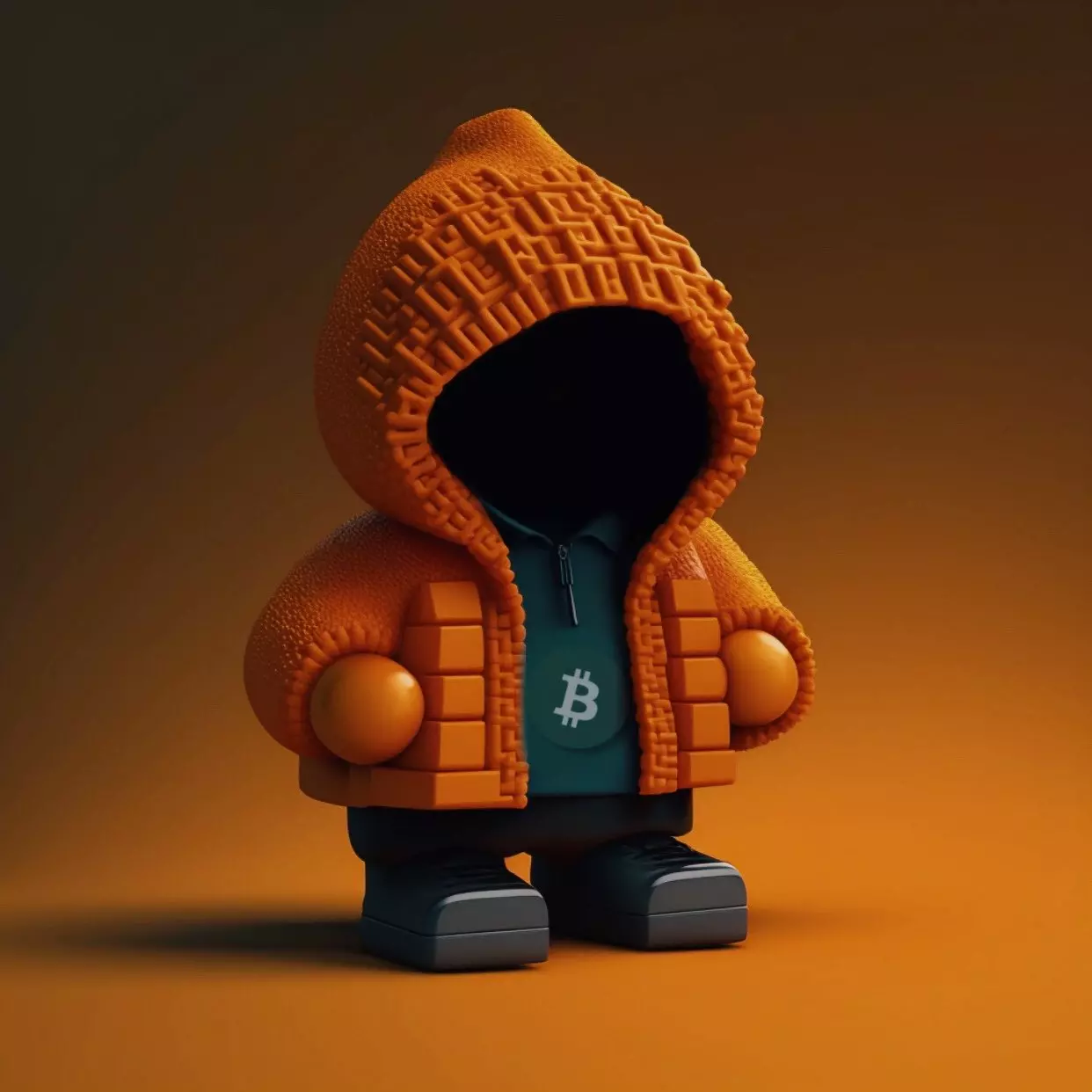
Paul Krugman told Bloomberg that recent U.S. policy choices—particularly higher tariffs and stricter immigration rules—are having the opposite effect of promises to make life cheaper, raising import prices and pushing up costs even for basics such as vegetables as farm labor shrinks. Krugman said immigration policy is also affecting construction and overall living standards, arguing immigrants "don't do the same things as people born in the USA," often complementing rather than displacing native workers; reduced immigration, he warned, will therefore hurt productivity. On tariffs he added they "do harm, but nowhere near as much as sometimes claimed," estimating that tariffs on the scale discussed by the administration would lower long-term GDP growth by about 0.5 percentage point under standard models. He also highlighted the added damage from policy uncertainty—shifting tariff plans, lawsuits and firms stockpiling exempted inventory—which will delay and spread tariff effects across prices and supply chains because many imports are inputs, not final goods. Using autos as an example, Krugman said, "There is no American auto industry, but a North American one," noting reshoring is only plausible where the U.S. lacks a large wage disadvantage; capital-intensive sectors like robot manufacturing are more viable than low-wage industries such as textiles. Krugman observed that tariffs can boost budget revenue as they are "basically a sales tax," but cautioned proceeds will fall far short of the levels claimed by the government and said current behavior toward closed agreements damages U.S. credibility internationally. #Krugman #tariffs #immigration #US #autos #FiatNews
